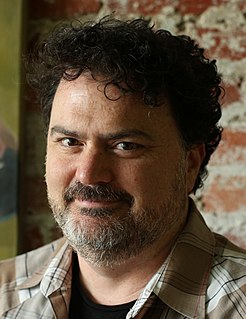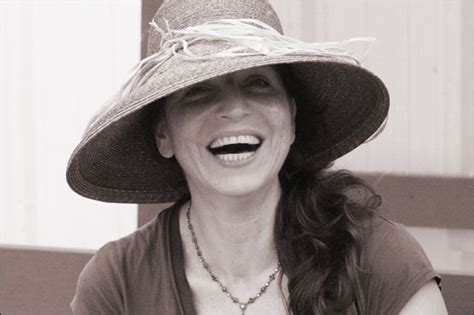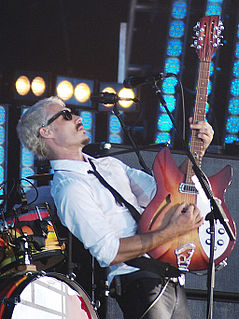A Quote by Temple Grandin
Social thinking skills must be directly taught to children and adults with ASD. Doing so opens doors of social understandings in all areas of life.
Related Quotes
Although adults have a role to play in teaching social skills to children, it is often best that they play it unobtrusively. In particular, adults must guard against embarrassing unskilled children by correcting them too publicly and against labeling children as shy in ways that may lead the children to see themselves in just that way.
In undeveloped social groups, we find very little formal teaching and training. Savage groups mainly rely for instilling needed dispositions into the young upon the same sort of association which keeps adults loyal to their group. They have no special devices, material, or institutions for teaching save in connection with initiation ceremonies by which the youth are inducted into full social membership. For the most part, they depend upon children learning the customs of the adults, acquiring their emotional set and stock of ideas, by sharing in what the elders are doing.
Looking ahead, future generations may learn their social skills from robots in the first place. The cute yellow Keepon robot from Carnegie Mellon University has shown the ability to facilitate social interactions with autistic children. Morphy at the University of Washington happily teaches gestures to children by demonstration.
Social thinking requires very exacting thresholds to be powerful. For example, we've had social thinking for 200,000 years, and hardly anything happened that could be considered progress over most of that time. This is because what is most pervasive about social thinking is 'how to get along and mutually cope.'
It's about using social media for social change: creating a community of advocates who can use their voices on behalf of the voiceless, or leverage their talents, skills, knowledge, and resources to put more children into classrooms, or pressure their elected representatives to get global education top of the agenda.
For one to be free there must be at least two. Freedom signifies a social relation, an asymmetry of social conditions: essentially it implies social difference--it presumes and implies the presence of social division. Some can be free only in so far as there is a form of dependence they can aspire to escape.




































